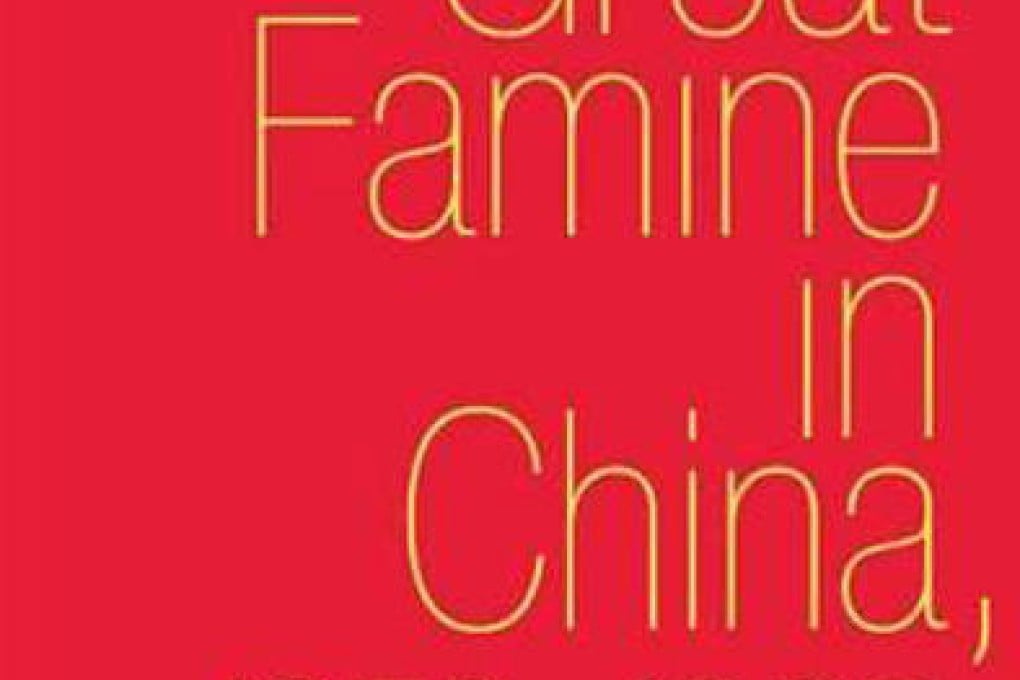A calamity made by man
Two works lay out China's Great Famine in all its horror, writesMark O'Neill

"To distribute resources evenly will only ruin the Great Leap Forward. When there is not enough to eat, people starve to death. It is better to let half the people die so that the other half can eat their fill."
These words were spoken by Mao Zedong at a conference in Shanghai on March 25, 1959. It is proof irrefutable that he knew of and condoned mass starvation in the second year of the Great Famine, and the quote is contained in , a documentary history by Zhou Xun, a research assistant professor of history at the University of Hong Kong.
It is one of two excellent books that give readers new insights into one of the greatest man-made calamities of the 20th century, which killed between 36 million and 45 million people. Mao and his policies killed more Chinese than the Imperial Japanese Army during the war of 1937-1945.
The other is by journalist Yang Jisheng that was published in Chinese in Hong Kong in 2008 in two volumes running to 1,200 pages and reprinted eight times since then. It is banned on the mainland. This is a translation by Stacy Mosher and Guo Jian.
Many consider to be the most authoritative book on the famine. After his graduation from Tsinghua University, Yang worked at the Xinhua News Agency from January 1968 until his retirement in 2001. This gave him a network of friends, contacts and access into the system that no foreigner and very few Chinese can match. Even fewer would be brave enough, as he was, to document one of the biggest taboos of the communist era, in a work of research that took 10 years.
His conclusions are stated starkly in the first paragraph when he explains the reason for the title. "The first is to erect a tombstone for my father, who died of starvation in 1959; the second is to erect a tombstone for the 36 million Chinese who died of starvation; the third is to erect a tombstone for the system that brought about the Great Famine."
